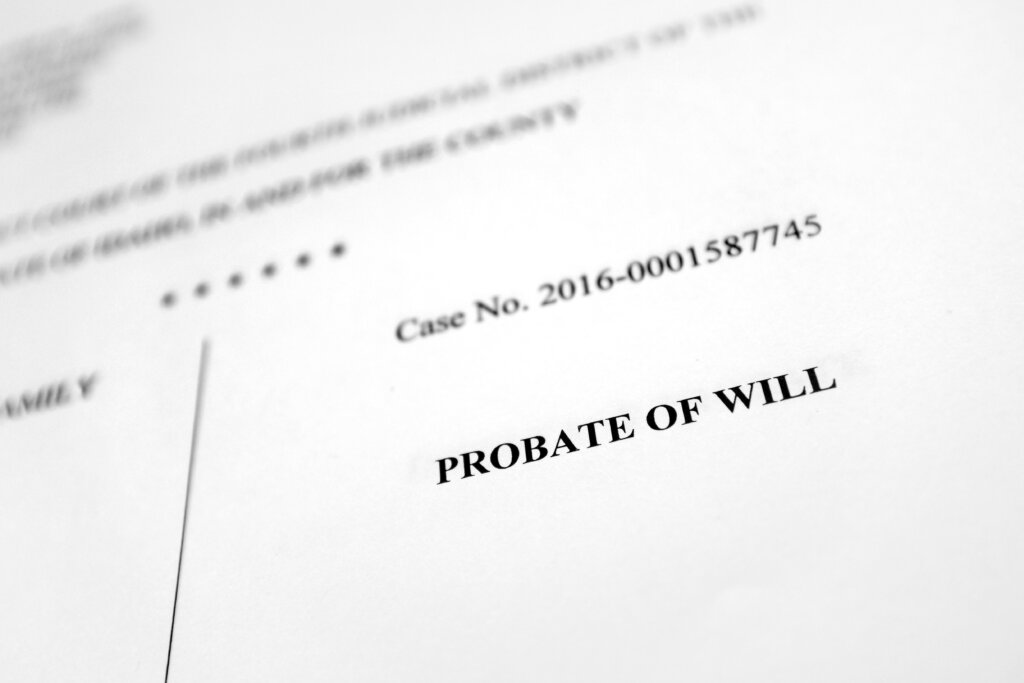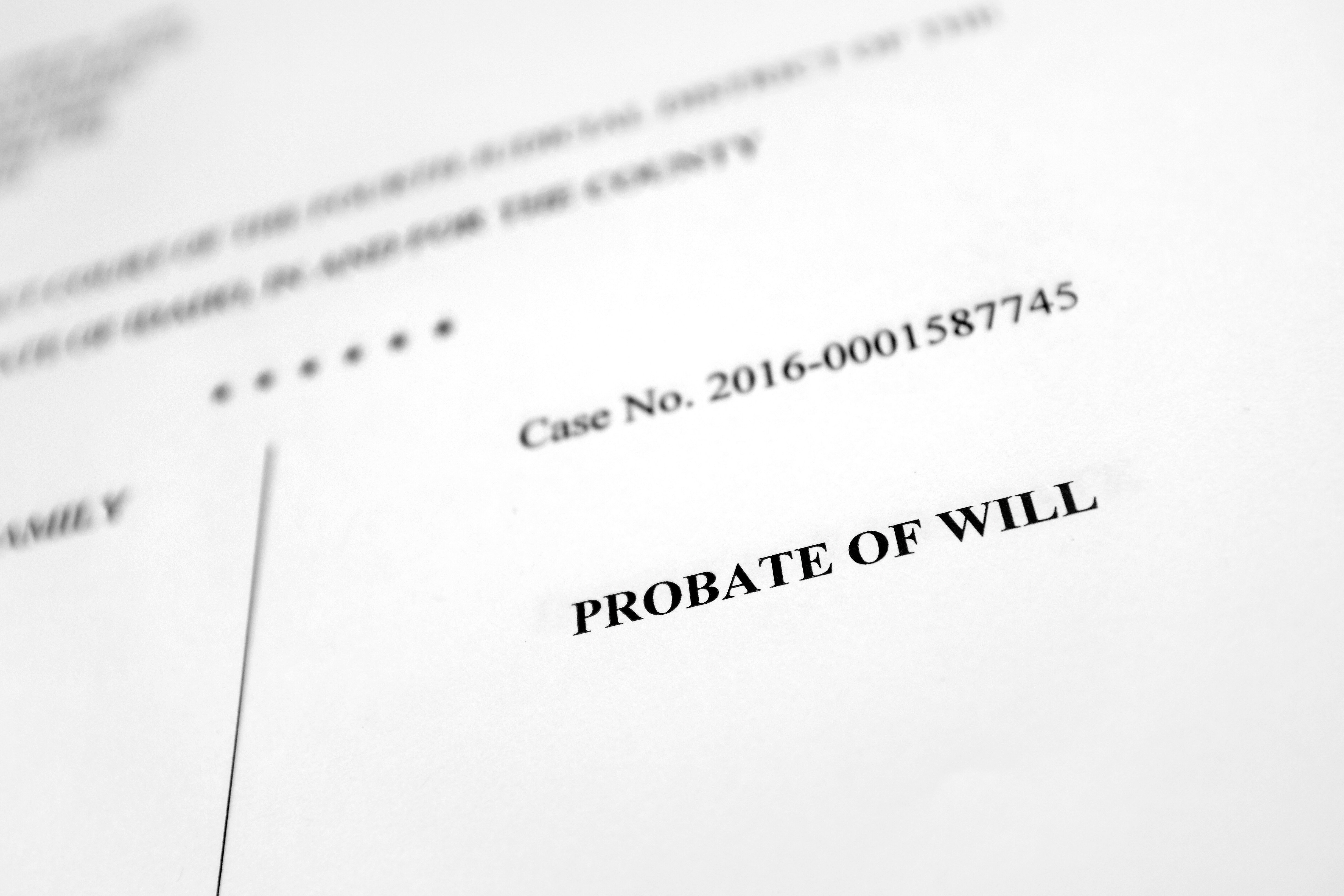
When is probate required? Many families formulating their estate planning strategy often start with this question. In the most basic definition, probate is a legal process that is often required following the death of an individual to ensure the orderly distribution of their assets and settlement of their debts. This short article will answer the question of when is probate required.
When is Probate Required: Factors
The need for probate is determined by various factors, including the presence of a valid will, the type and value of assets owned by the deceased, and whether there are disputes among heirs or beneficiaries.
One of the primary reasons when probate is required is to validate the deceased person’s will. When an individual passes away leaving a will, probate is necessary to authenticate the document, confirm its legality, and ensure that the assets are distributed according to the deceased’s wishes as outlined in the will. The court oversees the probate process, appointing an executor (or personal representative) to administer the estate and carry out the instructions specified in the will.
In situations where the deceased did not leave a will, known as dying intestate, probate is still necessary. Without a will to guide the distribution of assets, the court appoints an administrator to manage the estate and distribute the assets according to the state’s intestacy laws. These laws dictate how the estate will be divided among surviving family members, typically prioritizing spouses, children, and other close relatives.
Probate is also required for assets that are solely owned by the deceased. These assets include real estate, bank accounts, investments, vehicles, and personal belongings that are not jointly owned or designated to specific beneficiaries. Through the probate process, these assets are inventoried, appraised, and eventually distributed to the rightful heirs or beneficiaries after debts, taxes, and administrative expenses are settled.
When is Probate Required for Small Estates?
Furthermore, probate may be necessary for estates that exceed a certain threshold value set by state law. The estate’s total value, including real estate, financial accounts, personal property, and other assets, determines whether probate is required. High-value estates often undergo probate to ensure proper administration and equitable distribution of assets among beneficiaries.
However, there are instances where probate is not required. Assets held in joint tenancy with rights of survivorship automatically pass to the surviving co-owner without the need for probate. Similarly, assets with designated beneficiaries, such as life insurance policies, retirement accounts, and payable-on-death (POD) or transfer-on-death (TOD) accounts, bypass probate and are directly transferred to the named beneficiaries upon the account holder’s death.
Additionally, many states offer simplified probate procedures for small estates that fall below a certain threshold value. These streamlined processes, such as small estate affidavits or summary probate proceedings, expedite the distribution of assets without the need for a formal probate court proceeding, saving time and expenses for the beneficiaries.
In conclusion, understanding when probate is required and when it can be avoided is essential for managing the estate administration process efficiently and ensuring that the deceased person’s assets are distributed in accordance with their wishes or state law. By being aware of the circumstances that trigger probate and the exceptions that may apply, individuals can navigate the probate process more effectively and protect the interests of all parties involved in the estate settlement.

